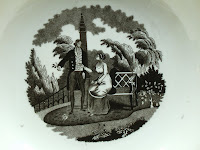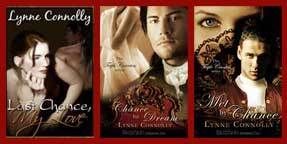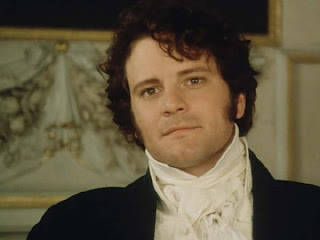 Posts about working spaces and desks got me thinking about how important it is to have a comfortable room in which to work.In Mansfield Park there is a description of Fanny Price’s favourite room.
Posts about working spaces and desks got me thinking about how important it is to have a comfortable room in which to work.In Mansfield Park there is a description of Fanny Price’s favourite room. The aspect was so favourable that even without a fire it was habitable in many an early spring and late autumn morning to such a willing mind as Fanny’s; and while there was a gleam of sunshine she hoped not to be driven from it entirely, even when winter came. The comfort of it in her hours of leisure was extreme. She could go there after anything unpleasant below, and find immediate consolation in some pursuit, or some train of thought at hand. Her plants, her books— of which she had been a collector from the first hour of her commanding a shilling—her writing–desk, and her works of charity and ingenuity, were all within her reach; or if indisposed for employment, if nothing but musing would do, she could scarcely see an object in that room which had not an interesting remembrance connected with it. Everything was a friend, or bore her thoughts to a friend;….. The room was most dear to her, and she would not have changed its furniture for the handsomest in the house…
I wonder if Jane Austen herself felt similarly about her own special room. Cassandra and Jane shared a bedroom so that they could enjoy the comforts of a separate dressing room, a place to entertain their friends or take their leisure at Steventon Rectory.
Jane’s neice Anna Lefroy wrote, ‘I remember the common-looking
carpet with its chocolate ground, and painted press with shelves above
for books, and Jane’s piano, and an oval looking-glass that hung between
the windows; but the charm of the room with its scanty furniture and
cheaply painted walls must have been, for those old enough to understand
it, the flow of native wit, with all the fun and nonsense of a large and
clever family.’
 Perhaps Cassandra kept her drawing materials here and it is probable that in this room Jane composed ‘Elinor and Marianne’, later to become ‘Sense and Sensibility’ and ‘First Impressions’, which was the first draft of what was to become ‘Pride and Prejudice’. Jane’s father gave her a handsome writing desk on which to write. I wonder if Jane derived the same pleasure as Fanny by escaping upstairs to her room to write?
Perhaps Cassandra kept her drawing materials here and it is probable that in this room Jane composed ‘Elinor and Marianne’, later to become ‘Sense and Sensibility’ and ‘First Impressions’, which was the first draft of what was to become ‘Pride and Prejudice’. Jane’s father gave her a handsome writing desk on which to write. I wonder if Jane derived the same pleasure as Fanny by escaping upstairs to her room to write?The painting at the top of the page is of Cassandra and Jane. I based this painting on two silhouettes said to be of the sisters.
Jane Odiwe Jane Austen Sequels Blogspot
































